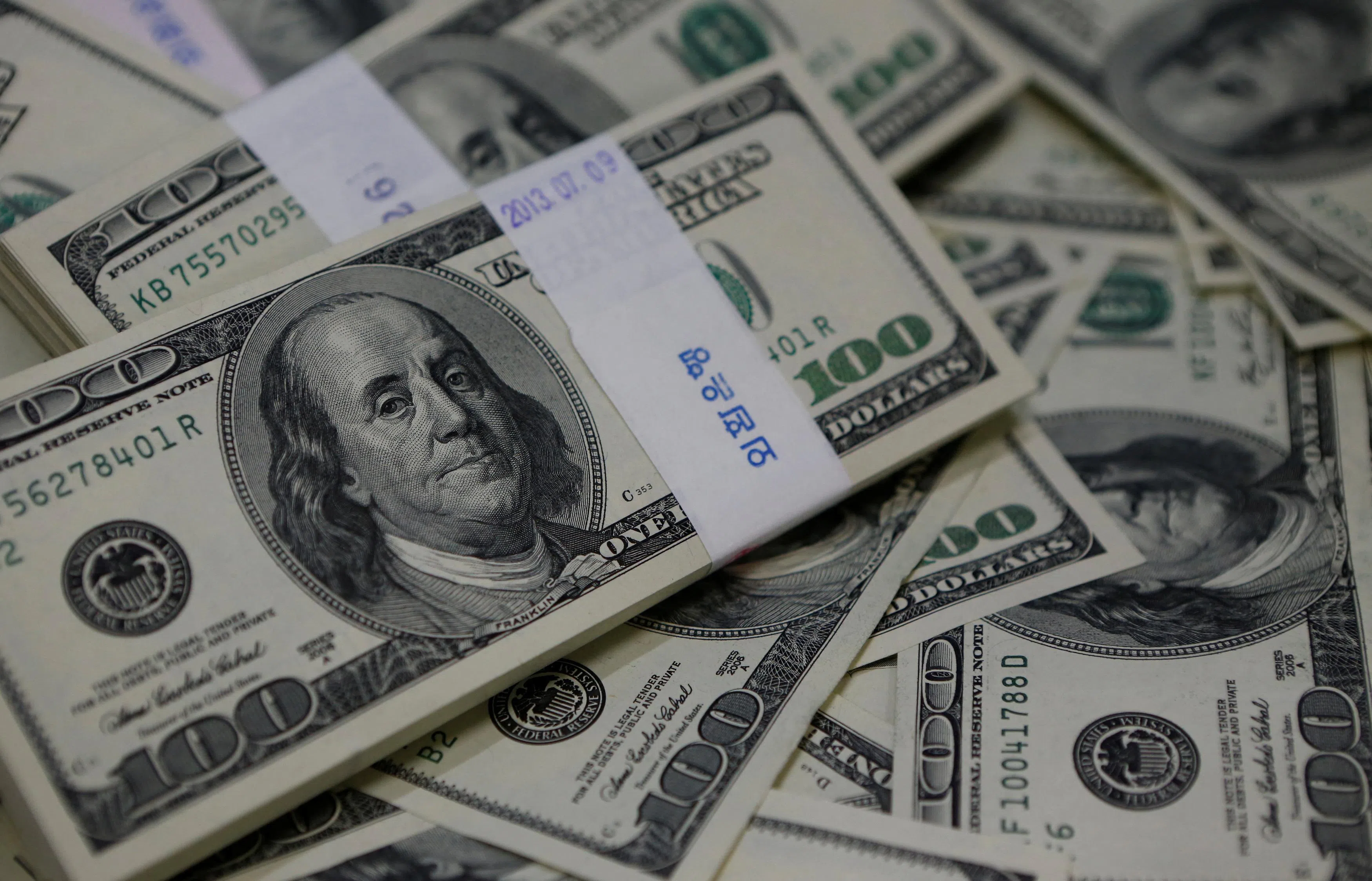India will be a developed nation when it celebrates 100 years of Independence, and it will have no place for corruption, casteism and communalism, Prime Minister Narendra Modi told news agency PTI in an interview today.
“India will be a developed nation by 2047; corruption, casteism and communalism will have no place in our national life,” the Prime Minister said.
Speaking about the upcoming G20 summit in New Delhi, the Prime Minister said the world now looks to India for guidance. “Our words and vision are seen by the world as a roadmap for the future and not merely ideas,” he said. The world’s GDP-centric view is changing to a human-centric one, and India is playing the catalyst in this transformation, the Prime Minister said.
Stressing on how the world’s perception of India is changing, the Prime Minister said, “For long, India was seen as a country of one billion hungry stomachs. Now it is one billion aspirational minds and two billion skilled hands.”
The Prime Minister said India’s population can enable it to reap a massive demographic dividend over the next few decades. “Indians today have a great chance to lay the foundation for growth that will be remembered for the next 1,000 years,” he said. “Once seen simply as a large market, India now part of solutions to global challenges,” he added.
Taking a swipe at Opposition parties and doubling down on his attack on what the BJP terms “freebie culture”, the Prime Minister said “irresponsible financial policies and populism may give short-term political results but extract great social, economical price in the long term”.
In another jab at the Opposition, the Prime Minister said previous governments “lacked confidence” in the people of other states to successfully execute high-profile global meets outside Delhi.
India’s G20 Presidency has also sowed seeds of confidence in countries of the so-called Third World, the Prime Minister said. Amid the countdown for G20, the government has been underlining the role Third World countries — or Global South — will be playing in growth worldwide in the coming years. The Prime Minister has voiced the concerns and issues of Global South on several international fora.
The Prime Minister said India’s domestic approach to address the most backward people also guides it at a global level as it voices the concerns of those neglected in the geopolitical landscape. “The theme of India’s G20 Presidency ‘Vasudhaiva Kutumbakam’ is not just slogan, but a comprehensive philosophy derived from our cultural ethos,” he said.
On a question on the position India took on the Russia-Ukraine war, the Prime Minister reiterated that dialogue and diplomacy are the only way to resolve conflicts.
India’s refusal to side with any camp and consistently advocate dialogue during the Ukraine conflict had sparked criticism from some quarters. Some voices in the West had also slammed India’s decision to buy fuel from Russia even after the Vladimir Putin dispensation faced sanctions from Europe and the US. India has firmly defended its decision, with External Affairs Minister Dr S Jaishankar saying that every country was trying to get the best possible deal for its citizens and India was no different.
On climate change, an issue on which India has called upon developed countries to do more, the Prime Minister said “there are no one-size-fits-all solutions in fighting climate change”.






